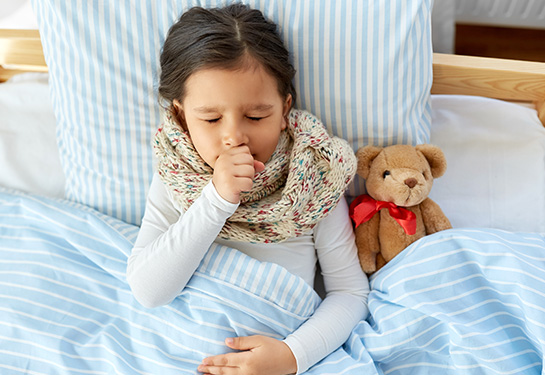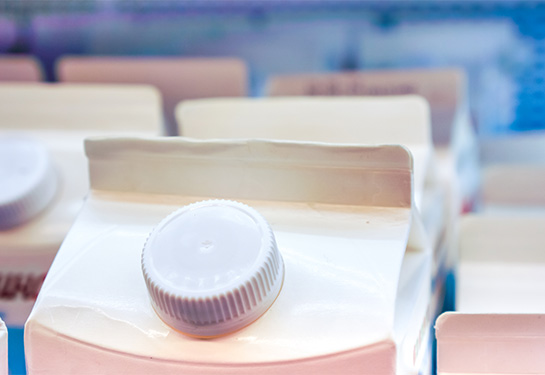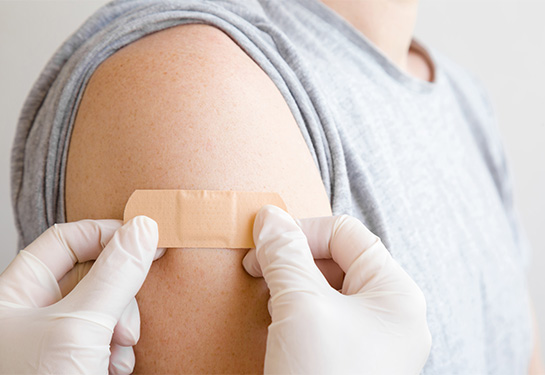How to protect yourself from smoky air due to the Caldor, Dixie wildfires
Health experts advise taking precautions when air quality is low
With the Caldor fire burning rapidly through parts of El Dorado County and the Dixie fire in Plumas, Butte and Lassen counties now the second-largest in state history, the impact on air quality in the region has been significant.
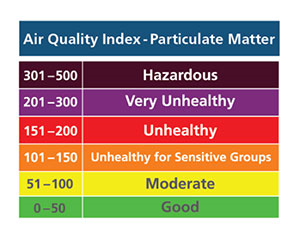
UC Davis Health pulmonary experts want everyone to know how to protect their health when it's smoky outside.
"The most important thing to do is regularly check the AQI,” said Nicholas Kenyon, chief of pulmonary, critical care and sleep medicine at UC Davis Health.
The air-quality index (AQI) is reported each day on the Sacramento Metropolitan Air Quality Management District website.
"It is an estimate of the level of airborne particles caused by wildfires," Kenyon said. "The key numbers to look out for are 101 and 151.”
101 is the point at which children, the elderly and those with chronic health conditions need to take extra precautions to protect their health. At 151, everyone needs to take extra precautions.
During the current wildfires, the AQI has, at times, been between 150 and 200 in some parts of the region.
Symptoms related to smoky air
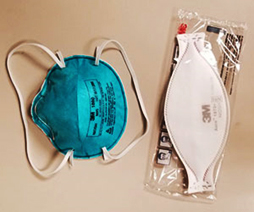
Smoky air can irritate the eyes, nose and throat, even with short-term exposure, according to Kenyon. It also can increase shortness of breath, especially in those with chronic lung diseases like asthma and COPD.
Drink plenty of water to relieve throat irritation. Those with lung conditions should closely monitor their symptoms. Call your doctor if shortness of breath increases. If symptoms worsen and don't respond to medication, don't delay going to an urgent care center or emergency department.
Smoky air can cause some, but not all, symptoms of COVID-19. If you have shortness of breath plus a fever, chills, body aches and/or a loss of your sense of taste or smell, call your physician about getting tested for COVID-19. This list includes many free community testing sites.
Read more about the more contagious COVID-19 Delta variant.
Cleaning up after a wildfire also poses health risks. Review guidelines from the U.S. Centers for Disease Control and Prevention before embarking on a cleanup plan.
What to do when the AQI affects you
- Stay inside
- Recirculate the air in your home's central heating/cooling system (shut off the fresh-air intake) and make sure the filter has been recently changed
- Close all windows and doors
- If you exercise, only do so indoors
- If you must go outside, wear an N95 or P100 mask and make sure it fits very close to the face for best filtration
Please note that the masks worn to protect yourself from COVID-19 are not enough to protect yourself from pollutants caused by fire. Instead, look for a mask like those in the photo.


